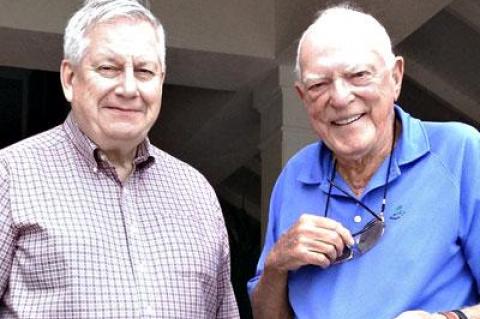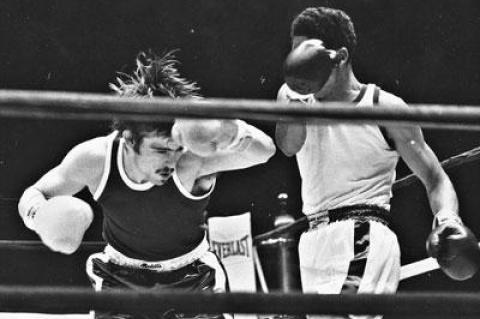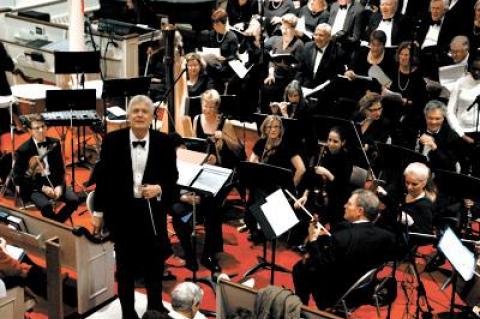I get the feeling that some of our prosperous institutions and second-home owners here are engaged in a race to the bottom to see who can be top Scrooge.
A wealthy East End school announces it will cease paying salaried employees for their 30-minute lunch period. This amounts to a 6-percent pay cut. A country club in sound financial condition awards a 2-percent pay raise to its staff, then, pleading poverty, reduces its health insurance contribution by an amount that surpasses the salary increase.



